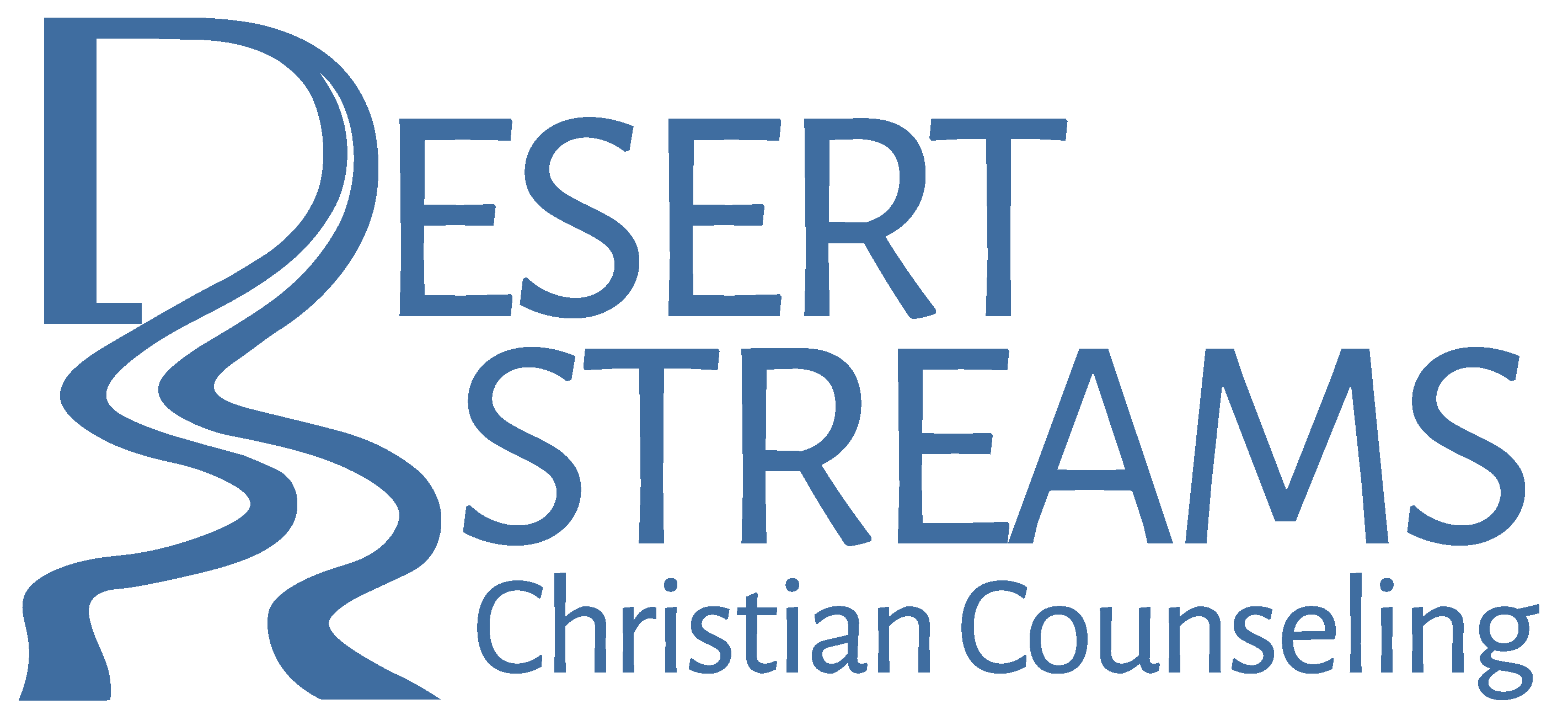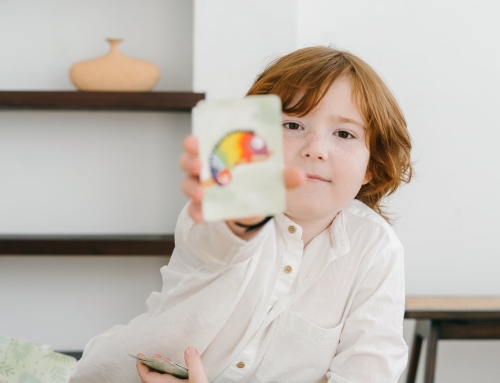The holiday season often brings families together, but it can also trigger conflicts and tensions. Understanding how to handle family disputes during these times is crucial for fostering a harmonious and mentally healthy atmosphere. Here, we’ll explore effective strategies and approaches to mitigate and resolve family conflicts, ensuring a peaceful and enjoyable holiday experience for everyone involved, with a focus on counseling, therapy, and mental health support.
Understanding the Root Causes of Conflict in Families
- Communication Breakdowns: Effective communication is vital within families. Misunderstandings and a lack of communication channels can lead to disputes during holiday gatherings, affecting mental health and family dynamics.
- Differing Expectations: Conflicts often arise due to varying expectations among family members, impacting the need for counseling and therapy to manage these differences.
- Past Grudges and Unresolved Issues: Unresolved issues and past grudges can resurface during the holidays, intensifying conflicts and underscoring the need for a counselor or therapist to navigate these challenges.
Strategies for Conflict Resolution and Mental Health Support During the Holidays
- Open and Honest Communication: Encourage open and honest communication among family members to address conflicts. A supportive environment is essential, emphasizing mental health and understanding.
- Setting Realistic Expectations: Setting realistic expectations for the holiday season is crucial. Discuss and agree on plans beforehand, considering the benefits of therapy and counseling in managing expectations.
- Embracing Empathy and Understanding: Practicing empathy and understanding towards each other’s perspectives can help prevent and resolve conflicts, supporting the need for a therapist or counselor in family dynamics.
- Addressing Past Issues: Consider addressing past issues before holiday gatherings to maintain mental health and peace. Seeking counseling or therapy might be beneficial for managing deep-rooted conflicts.
- Taking Breaks When Necessary: Recognize escalating tensions and consider taking a break to prevent conflicts from intensifying. Promote mental health support and understanding the benefits of counseling and therapy during such situations.
- Focusing on Gratitude and Appreciation: Shift the focus to gratitude and appreciation. Expressing gratitude can create a positive atmosphere and reduce tension, benefiting mental health during family gatherings.
Creating Harmonious Holiday Gatherings with a Focus on Mental Health and Therapy Support
- Planning Structured Activities: Plan structured activities involving everyone to divert attention from potential conflicts. Engaging in shared activities can foster a mentally healthy and cohesive environment.
- Delegating Responsibilities: Assign specific tasks to foster unity and mental health, making everyone feel involved and appreciated.
- Respecting Boundaries: Respect each other’s boundaries and preferences, emphasizing mental health and the need for counselor or therapist support in maintaining respect during family gatherings.
- Seeking Professional Help if Necessary: In situations where conflicts seem insurmountable, seek the help of a counselor, therapist, or psychologist. Professional guidance can facilitate understanding and mental health support.
Conclusion: Fostering Mental Health and Harmony in Family Relationships
Resolving family conflicts during the holidays requires effort, understanding, and a willingness to compromise. By fostering open communication, empathy, and creating a supportive environment with the help of counseling, therapy, and mental health support, families can work towards resolving conflicts. Remember, the goal is not to eliminate all disagreements but to handle them constructively and with mutual respect. Embracing these strategies can pave the way for a more harmonious and joyous holiday season, with a focus on mental health and cherished moments with family.
Photo by Askar Abayev







